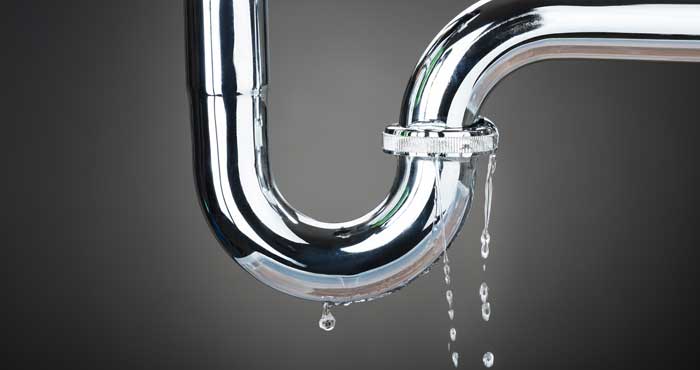Ever wondered how to test for hard water in your home?
Discovering the hardness of your water can impact everything from your plumbing to the soap you use. By using simple methods, you can identify water hardness and take steps to address any issues.
Read on as we talk about the approaches to testing for hard water – DIY vs hiring professionals. Let’s get started!

DIY Testing Methods
One easy way to test for hard water at home is the soap test. First, take a clear container and fill it with water from your tap.
Next, add a few drops of liquid soap and shake the container well. If the water forms a lot of bubbles and looks cloudy, you likely have hard water.
Another method is to use a water hardness test strip. Simply dip the strip into the water and match the color on the strip to the chart provided. These simple methods are quick and effective.
Professional Water Testing
If you want a more accurate result, you might consider hiring a professional. Experts can perform detailed water tests and give you a full report on the hardness of your water.
They use special tools and lab tests to detect the level of minerals like calcium and magnesium. This is especially useful if you are unsure about the DIY results or if the water feels not soft enough.
Professional hard water solutions can also help identify other potential issues like contaminants. With this, they can help ensure that your water is safe and clean.
Cost Comparison
When deciding between DIY and professional water testing, cost is a big factor. DIY testing methods are usually cheap.
You can buy a soap test or water hardness test strips for a few dollars. These methods are low-cost and quick but might not be very accurate.
Meanwhile, hiring a professional can be more expensive, often costing between $50 to $200. However, professionals provide detailed and accurate results. Weigh the cost against the accuracy you need to decide which option is best for you.
Time and Convenience
When it comes to time and convenience, DIY methods are quick and easy. You can do a soap test or use test strips in just a few minutes at home.
There is no need to schedule an appointment or wait for results. However, free water testing methods might not give the most accurate results.
On the other hand, hiring a professional takes more time and planning. You need to set up an appointment and wait for the detailed report, but the results are more reliable.
Accuracy and Reliability
DIY methods are good for a quick check, but they might not always be right. Soap tests and strips can give you an idea, but they can miss details.
Professional testing, on the other hand, uses advanced tools to measure minerals in your water. This makes the results very reliable and accurate.
Professionals can also spot other problems that you might not see with DIY tests. If accurate results are important to you, consider hiring a pro for the best outcome.
Choose the Right Approach When You Test for Hard Water in Your Home
Testing for hard water in your home doesn’t have to be hard. Whether you choose DIY methods or go with a professional, the key is to take action.
Identifying water hardness helps protect your home and family. With a simple test for hard water, you can decide the best steps to take for clean, safe water.
Did you find this article helpful? Then check out our blog for more advice, tips, and insights!




